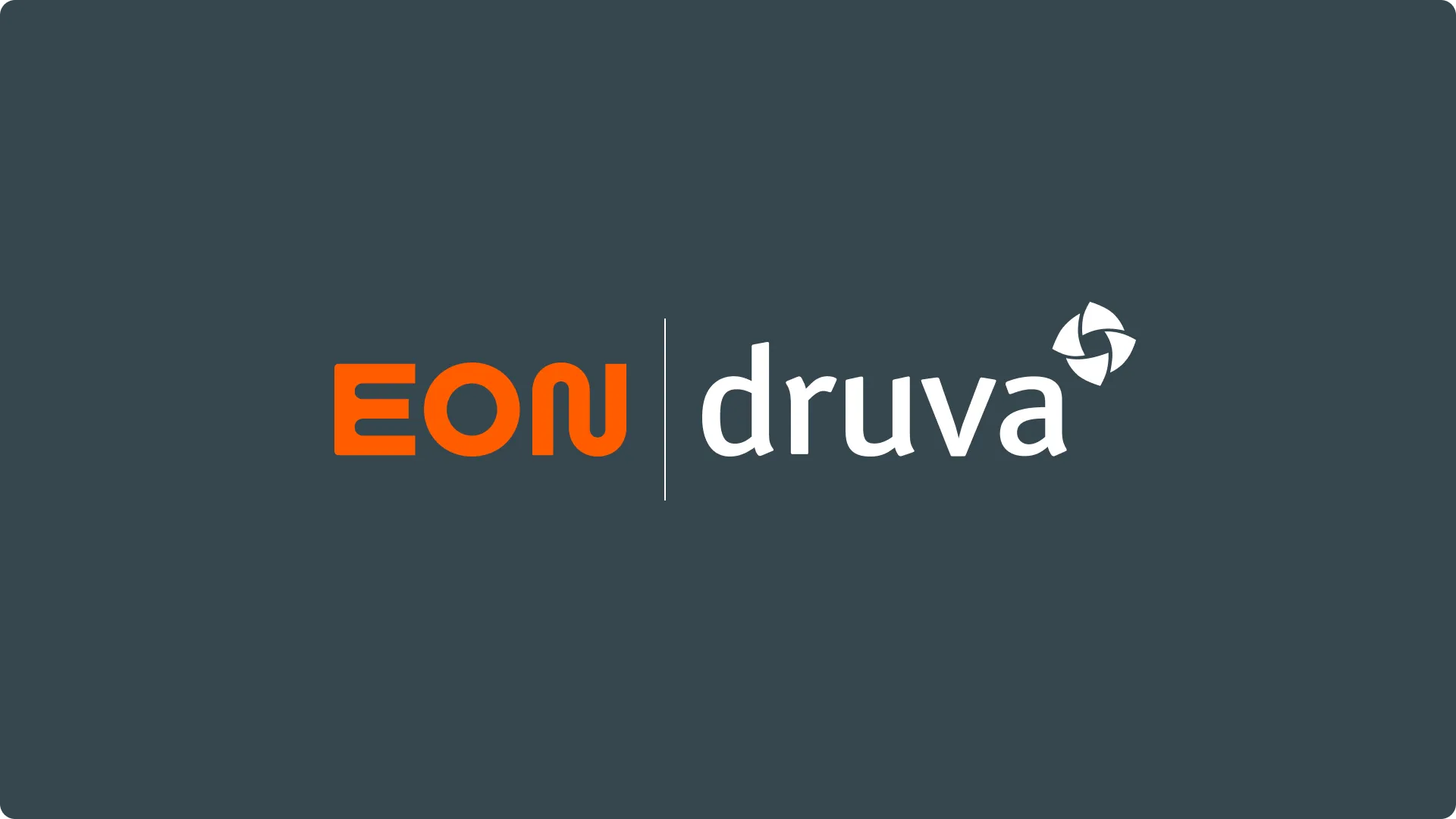
Feature Comparison:Eon vs. Druva
1. Deployment & Architecture
Druva delivers SaaS-based backup, focusing primarily on hosted snapshots, which offer less control over the data plane and deployment optimization.
Eon is infrastructure-free and fully cloud-native, with native integration for AWS, Azure, and Google Cloud workloads.
2. Backup Posture Management
Druva requires tagging and policy creation to enforce protection coverage, increasing complexity at scale.
Eon removes this entirely:
- Auto-discovers workloads in real time
- Classifies data sensitivity
- Enforces policy at the resource level
- Detects gaps or misconfigurations proactively
3. Recovery & Access
Druva’s recovery options are limited to full system or image-based restores, with restrictions on the level of granularity available for recovery.
Eon offers:
- Direct access to files, records, and tables
- Global search across all backups
- Cross-region, cross-account, cross-cloud granular restore
- Recovery in seconds, not hours
4. Ransomware Protection
While Druva provides immutability, it lacks built-in detection and rollback. Eon includes:
- Ransomware posture monitoring
- Snapshot anomaly detection
- Clean version hold post-retention
- Guided rollback and restore workflows
5. Cost & Operational Efficiency
Druva pricing includes storage and support, but can still obscure costs through over-retention and inefficient backup models.
Eon lowers cost via:
- True incremental S3 backups
- No need for versioning or replication copies
- Deduplication across cloud accounts
- Exposes backup data in open, queryable formats (data lake)
- Flat, usage-based pricing